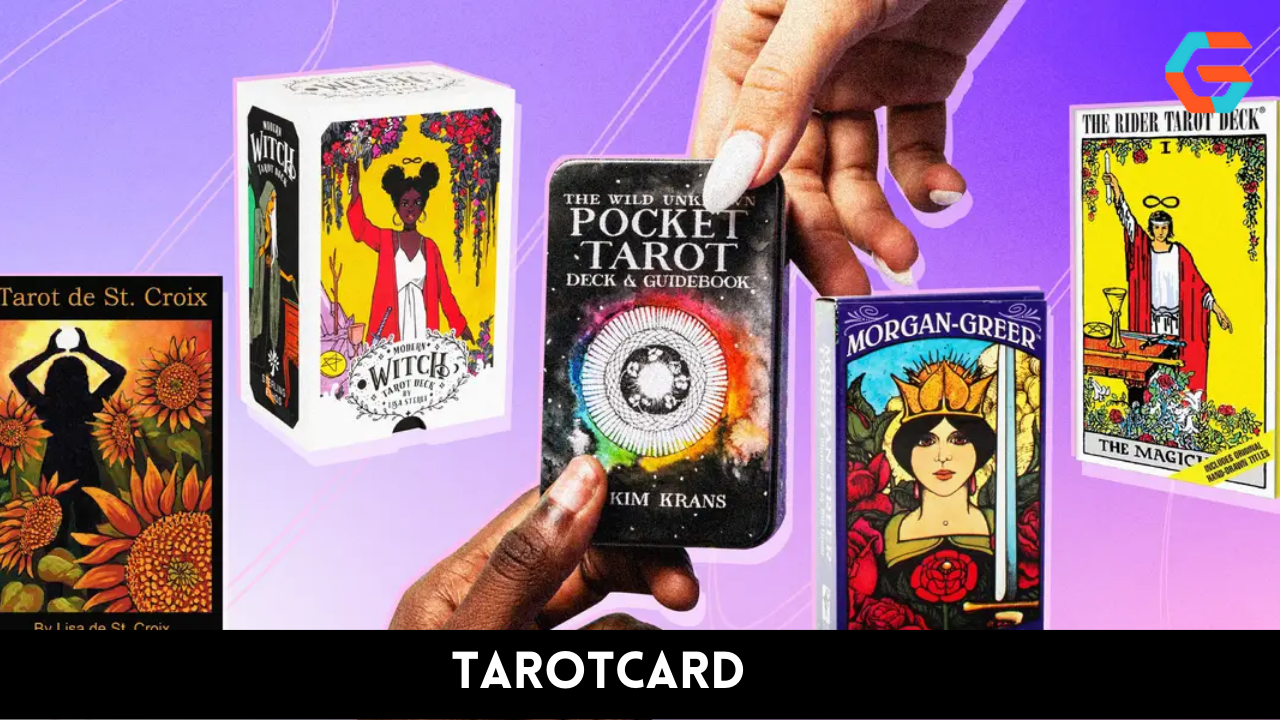The First Amendment is the cornerstone of American progress and wealth when it comes to bringing dreams into reality. Our founders considered freedom of religion, speech, the press, assembly, and the ability to petition for change to be of the utmost importance. These rights create a solid, constructive basis for the American ideal to flourish.
The American dream is wonderful and remarkable, but it is under grave danger. Big Tech is directly attacking it.
Through market share, technology, and legislation, Apple, Facebook, Google, and Amazon have seized control of America’s key commerce and communications infrastructure. They exist as monopolies. Together with their younger sibling Twitter, their concentrated power and core technologies make them the gatekeepers of the marketplace for ideas. They determine what content is posted to a news stream, which apps are marketed on their smartphones, and which products appear in their search results.
I believe that the free flow of information and the values of individual liberty are more important to all Americans than same-day shipment. I believe that while many Americans enjoy the convenience of social media and search engines, the vast majority would be appalled if Facebook, Google, or Twitter owners decided which topics could be discussed or which news pieces could be shared. I believe citizens have faith in a system that gives ownership of fresh ideas and businesses to their creators and does not allow large corporations like Amazon to steal ideas or squash startups with impunity.
In other words, the power and profit practises of Big Tech restrict the free flow of ideas and result in the selective broadcast of knowledge. The fact that big corporations have consolidated so much power should cause worry among all citizens. But we know that big corporations have used their influence to their own economic advantage and to repress their ideological opponents. No one, whether conservative or liberal, should be content with a few of Silicon Valley oligarchs controlling the marketplace of ideas and, by extension, democracy itself.
Facebook and Twitter stopped potentially harmful New York Post articles regarding Joe Biden’s son Hunter from reaching the public prior to the 2020 presidential election. Facebook representative Andy Stone stated, “We are reducing [The Post’s] distribution on our platform” in response to the news regarding the contents of Hunter Biden’s discarded laptop, which included emails indicating he introduced his father to a Ukrainian energy executive (which the elder Biden had denied). Twitter was even more restrictive, preventing users from tweeting links to The Post’s article and suspending the newspaper’s account for two weeks.
Intriguingly, a year later, after the election, Twitter CEO Jack Dorsey stated the alleged hacking offence did not exist and that silencing The Washington Post was a “error.” Clearly, Big Tech suppressed facts that could have altered the outcome of the 2020 presidential election.
The Google search engine and its unique algorithmic relevance logic are essentially exclusive by definition. Some results are clearly displayed at the page’s top, while others are buried well below. While Google’s leadership insists there is no political bias in its search engine, a 2018 study found that a news search on the term “Trump” returned a disproportionately large number of stories from left-of-center outlets. There were two links to CNN, CBS, The Atlantic, CNBC, The New Yorker, and Politics on the first page. No right-leaning websites were listed.
Increasingly, Big Tech utilises its monopoly to stifle viewpoints, typically targeting conservative politicians. Sen. Rand Paul (R-Kentucky) has been shut out of his Facebook profile for “repeatedly violating our community rules,” suspended from Twitter for questioning the efficacy of masks, and had Google-owned YouTube videos removed.
Rep. Jim Banks (R-Indiana) was suspended for two weeks after ridiculing Time magazine for naming a biological male Woman of the Year. Google’s ad monopoly — its ownership of the mechanism via which publishers display available ad space and advertisers bid on those placements — appears to be its most destructive weapon in the war of ideas. Digital advertising is currently the dominating form of paid marketing. In 2021, advertisers paid $189 billion on digital advertising, despite the fact that TV advertising is likely still the most effective medium (consider the sums spent on Super Bowl ads) This amount eclipses the $49.1 billion spent on television advertisements and the $26 billion spent on print advertisements.
If advertisements are a type of communication and Google’s financial future depends on dominating the digital ad industry, then Google intends to be the gatekeeper of the most influential tool in modern society: advertisements, which artificially influence the marketplace of ideas. Does Google have the authority to decide, for instance, which candidates are making “unreliable statements” and remove their online advertisements?
Some “thought leaders” on the left urge for a regulation structure that would grant a government agency the authority to restrict Internet expression. The best course of action would be for Congress to perform its job and create rules that encourage competition, allowing the free market to flourish. We must ensure that monopolies do not use their market dominance as a weapon against innovation and competition.
Permitting such predatory activity could be detrimental to society, decreasing customer options and increasing prices.
Without the involvement of the American people, these monopolies already control what is spoken, seen, read, and digested. They determine which products and services are sold and promoted on their platforms. Their algorithms influence what we see and don’t see because they assign content relevancy scores. If an article, book, film, or photograph has a low relevance score, you may never learn that it exists. This type of control can be used to gain favour with or aggressively hurt an individual, politician, or political party.
Americans recall from their history classes that monopolists controlled energy, finance, steel, and commercial transportation in the late 19th and early 20th centuries. The distinction between these monopolies and Google, Facebook, Amazon, and Apple is that the latter hold the communication-controlling platforms. They manage the operating systems of our mobile devices and PCs. They manage who sees which material by controlling the algorithms that evaluate and rank search results. They own and analyse the personal data of their users. They control where advertisements are placed, who can post them, and how much they cost. This indicates that the core of our political system is threatened by the monopolies of Big Tech. They have the ability to manipulate the information available to the public for their own financial and political objectives.
When information control in a democracy is concentrated in the hands of a small number of individuals, election outcomes are susceptible to manipulation. Big Tech corporations are in a position to dominate and corrupt not only the financial and transactional marketplaces, but also the marketplace of ideas, owing to their vast financial resources and control of essential digital media.
Related Articles:
There Is a New vintage Technology that Generation Z Is Obsessed With.
Overwatch 2 Announces the Battle for Olympus Champion, but Players Believe It Rigged
Innovative Apple Lisa Is Now open Source as A Result ofmputer History Museum.











